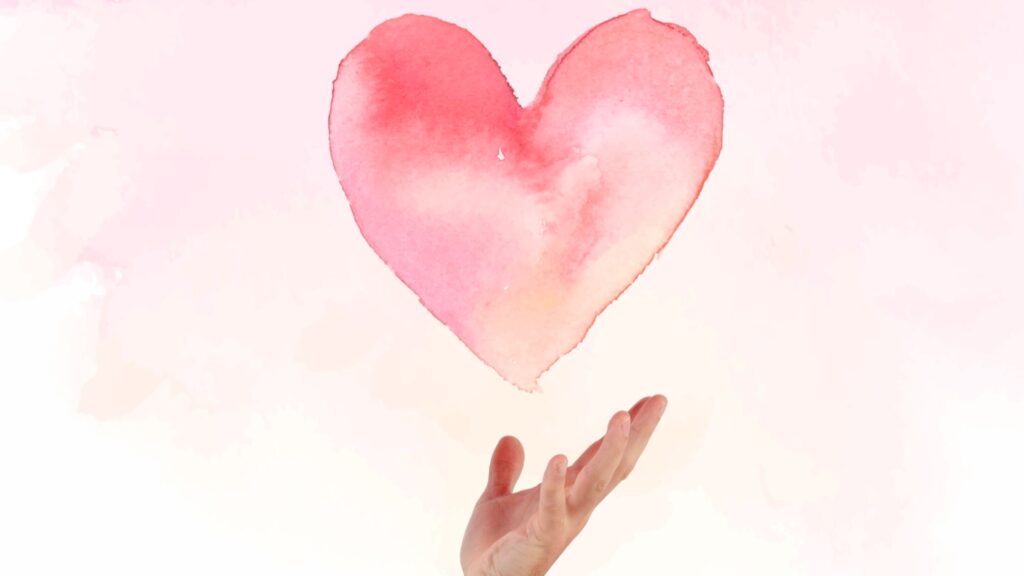Disclaimer: My content is NOT a substitute for professional advice, diagnosis, or treatment. When in doubt, ask a therapist!
Social anxiety is often like an unwanted kitty…
We don’t want it hanging around us, and we shoo it away, even as it meows at us loudly to get our attention.

In fact, many people see social anxiety as a bad thing: something to get rid of or at least reduce. Almost as if it’s a disease that we need to remove from our minds!
According to Tracy Dennis-Tiwary, a psychology and neuroscience professor, that makes the anxiety worse. In an interview, she said…
“This disease story tells us, well, you have to prevent and eradicate and avoid it. And it tells us those bad feelings are a warning sign. They’re a malfunction, perhaps, or a failure of happiness, of mental health, so we have to fix it.
The problem with that story is that it makes us more anxious about anxiety and primes us to do more of the unhelpful things when it comes to anxiety — things like avoid anxiety and suppress it — and fewer of the helpful things.”
(Now, let's be clear that excessive social anxiety is not helpful, as it negatively affects your relationships and quality of life. I'm talking about an adequate amount of social anxiety — one that doesn't make you duck out of conversations.)
Based on research, here are three potential benefits when you have social anxiety:
Social anxiety might be a sign of interest
Dr. Steven C. Hayes is one of my all-time favorite psychologists, and here’s what he said about social anxiety:
“A socially anxious person is very likely a person yearning to connect with others. You hurt where you care, and you care where you hurt.”
In other words, while social anxiety feels unpleasant, it does reveal what you care about: having meaningful conversations and relationships.
Reflect for a moment here: When you're socially anxious, what do you hope or crave from the other person?
In his book, Dating Without Fear, Dr. Smithyman even went as far as to equate dating anxiety to attraction!
He cited a landmark 1974 study on attraction, where men were far more likely to accept a woman’s number and ask her out after walking on a shaky bridge. And here’s where things get interesting…
They misattributed their fear of heights as sexual desire — without even realizing their errors!
(Personally, that makes a lot of sense. My social anxiety spikes when I’m with someone I’m interested in, whether platonically or romantically. How about you?)
You get along with others better
Believe it or not…
Mother Nature wants human beings to pass down social anxiety to future generations.
Don’t take my word for it, of course. Dr. Ellen Hendriksen wrote about this at length in her book, How To Be Yourself, and she explained how social anxiety helps us work in groups and be nice to each other.
Because you’re averse to negative social cues like disagreement or rejection, you’re more thoughtful and helpful to others. Researchers commented:
“Vigilance to social threat enables people to adjust their behavior so as to get along well with others and avoid social exclusion.”
You’re gifted at sensing other people’s feelings
h/t: Iffah Suraya Jasni, M.Couns.
In two studies, participants with social anxiety disorder were better at guessing how others feel than other participants.

(And it’s not just emotions. In another study, socially anxious patients could remember other people’s faces better than non-socially anxious patients. Isn’t that a cool superpower!?)
Of course, all this might not be surprising — given the heightened sensitivity towards social cues — but it can still be empowering to know.
Robyn Koslowitz Ph.D., a clinical psychologist, wrote:
“I am always astonished by the accuracy and attention to detail my socially anxious adolescent patients use when describing the various social currents and factions in their high school. They are some of the best observers of the social scene, masters of thick description reminiscent of a fully trained qualitative researcher.”
In a 2019 study, researchers came to the same conclusion:
“It might be possible that these slightly elevated levels of social anxiety are, in some cases, socially adaptive—because children with high mindreading abilities “read” others feelings and thoughts well, they may be more attentive to others and put more weight into what others think of them…”
(All this is not to downplay the challenge of social anxiety, where you might be so sensitive to other people that you interpret everything they say/do as a potential threat!)
Reflection questions
In a world where confidence is celebrated and even glorified, it can be hard to acknowledge your social anxiety, let alone accept it.
So here’s a final thought for you…
Social anxiety is not your enemy.
It’s a part of you that needs to be seen, as much as you might dislike/avoid/resist it. And I can attest to that…
It was when I stopped fighting against my anxiety that I started becoming more comfortable with who I am.

Here are a few questions to help you cultivate more compassion towards your social anxiety:
- Reflect on your past experiences with social anxiety. What valuable life lessons have you learned through these challenges?
- Imagine your social anxiety as a protective guardian. How does it intend to shield you, and how can you acknowledge its intentions?
- Think about someone you know who has social anxiety too. What words of encouragement or support would you offer them?
(If no one comes to mind, imagine that you’re talking to a socially anxious acquaintance) - How can a deeper understanding of your social anxiety lead to more meaningful conversations/relationships?
I hope that this short list of benefits plus questions helps you see things a bit differently! Feel free to email me (it’s ian at deeperconvos.com) if you have any questions or comments.
PS – If you need more support, I’d recommend two things…
a) Find a licensed therapist, as it’s tough to work on social anxiety without professional guidance. (If you’re in Malaysia, check out Telehope Health.)
b) Read the following articles to educate and empower yourself:
Recommended articles

